We adore our tiny kitten furballs and want to give them the best possible care.
But when it comes to raising healthy, happy kittens, some well-meaning cat owners fall victim to common myths that can actually do more harm than good.
Let's debunk common kitten-rearing myths to make better and informed furparent choices.
Myth 1: Kittens Don't Need Human Interaction
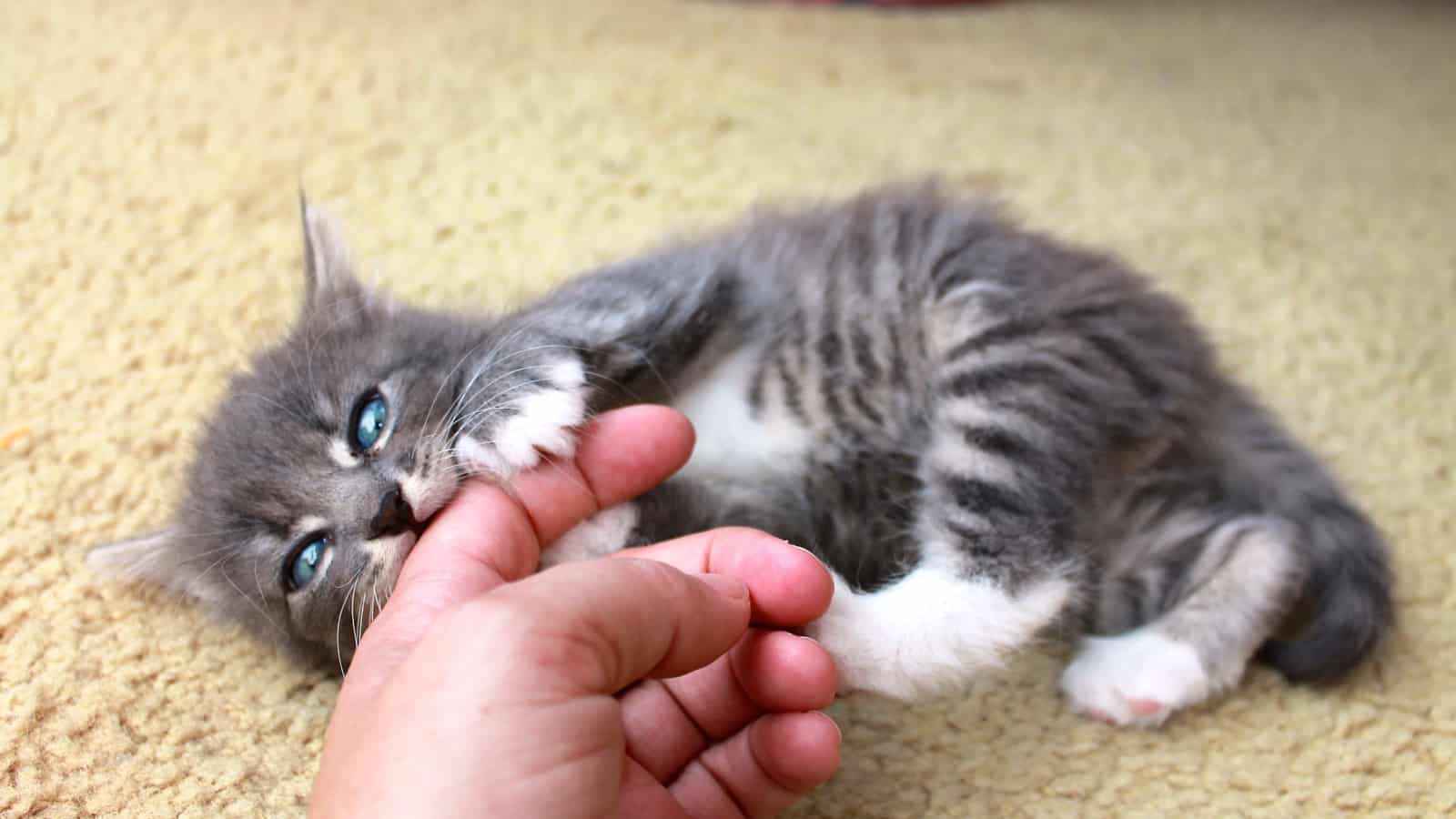
Did you know our bond with cats goes way back, even before Ancient Egypt?
A discovery in Cyprus reveals that humans and cats were hanging out together long before, likely to deal with pesky rodents.
So, it's no surprise that kittens need social interaction and companionship. They can become fearful and anxious without proper socialization, which may lead to behavioral problems.
If you have a Bengal cat with a feisty attitude, this could be useful: Are Bengal Cats Aggressive? [Inc. With Other Cats]
Spend time playing, petting, and talking with them. Introduce them to different people, animals, and environments so they become comfortable in various situations.
Myth 2: Milk is the Best Food for Kittens
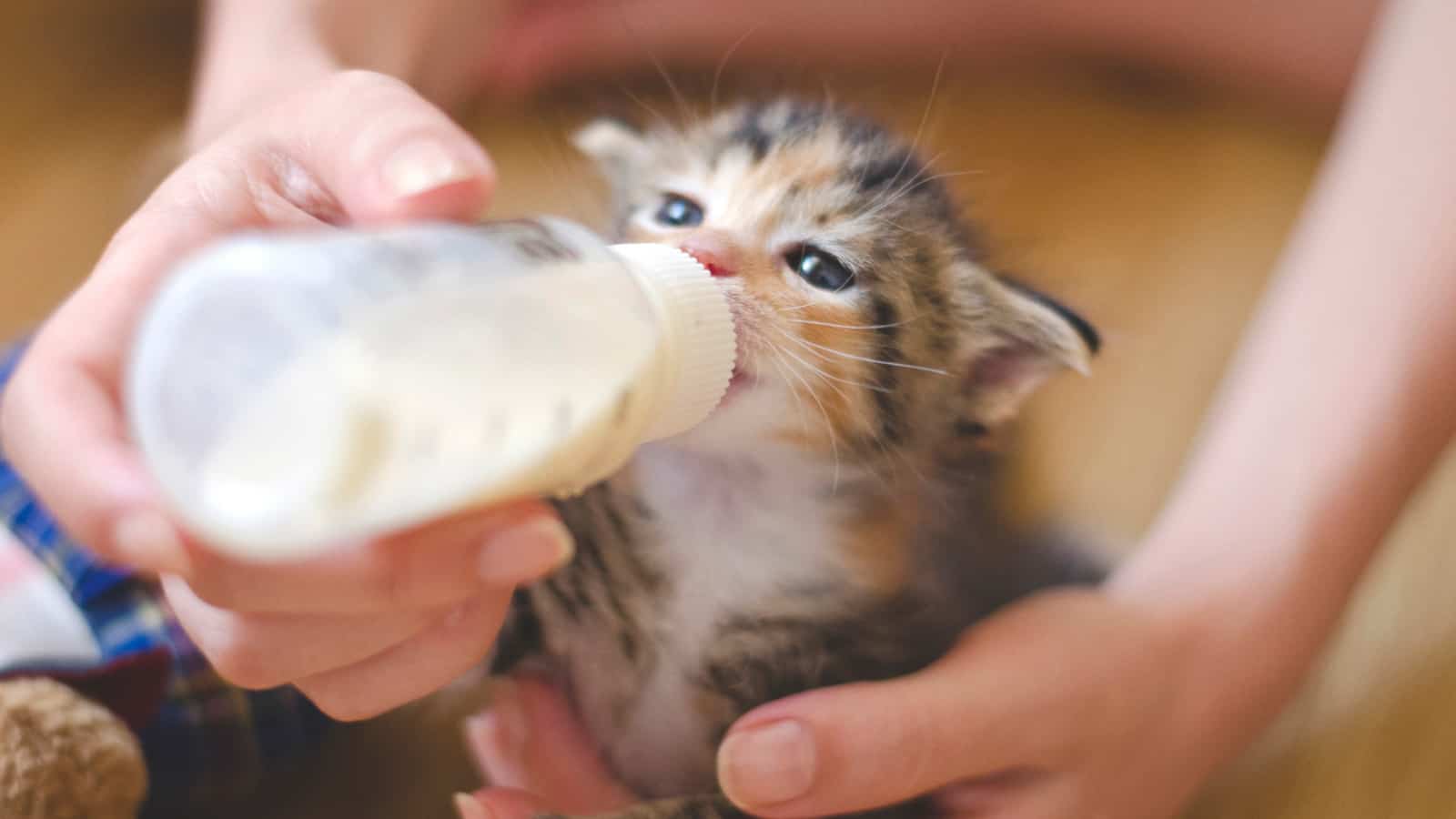
Cow's milk can cause digestive issues in kittens who don't produce enough lactase to break it down.
Milk also doesn't provide all the nutrients kittens need to develop properly. Feed kittens a milk substitute formulated for their health instead.
Learn more about feline lactose intolerance here: Can Cats Drink Milk? [Answered]
Myth 3: Kittens Cannot Be Trained Like Puppies
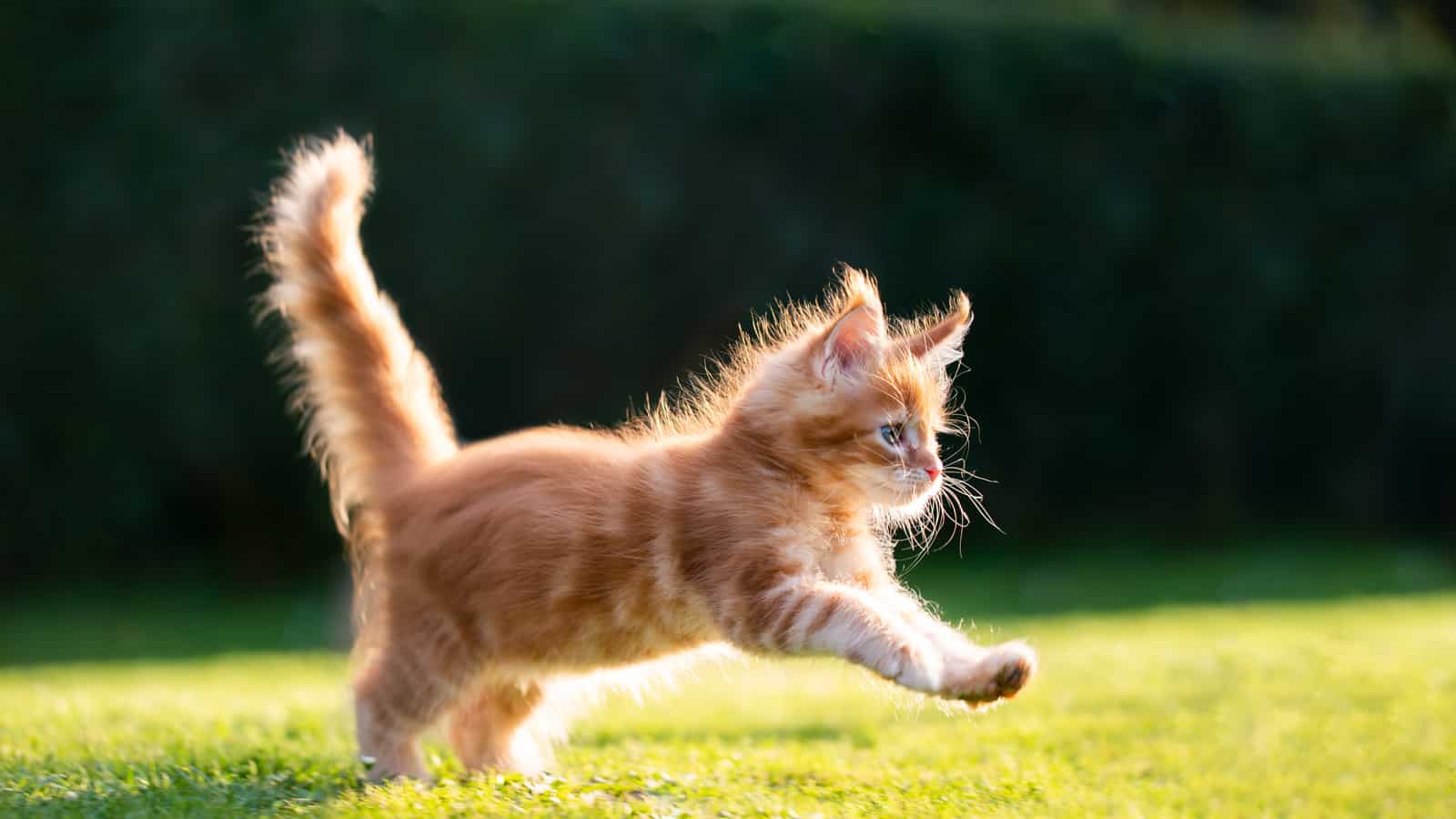
Contrary to popular belief, cats are indeed trainable.
The Netflix documentary "Inside the Mind of a Cat" highlights this with Cornell's feline science and examples, like the Savitsky Cats from Ukraine. These cats have been trained to perform, debunking the myth that cats are untrainable.
The key to training cats? Patience and understanding their motivation.
Cats respond well to incentives like treats or play. Training them can be practical, too, like teaching them to come when called. With the right approach, your cat can learn new tricks and behaviors.
Myth 4: Kittens Don't Need Regular Vet Check-Ups
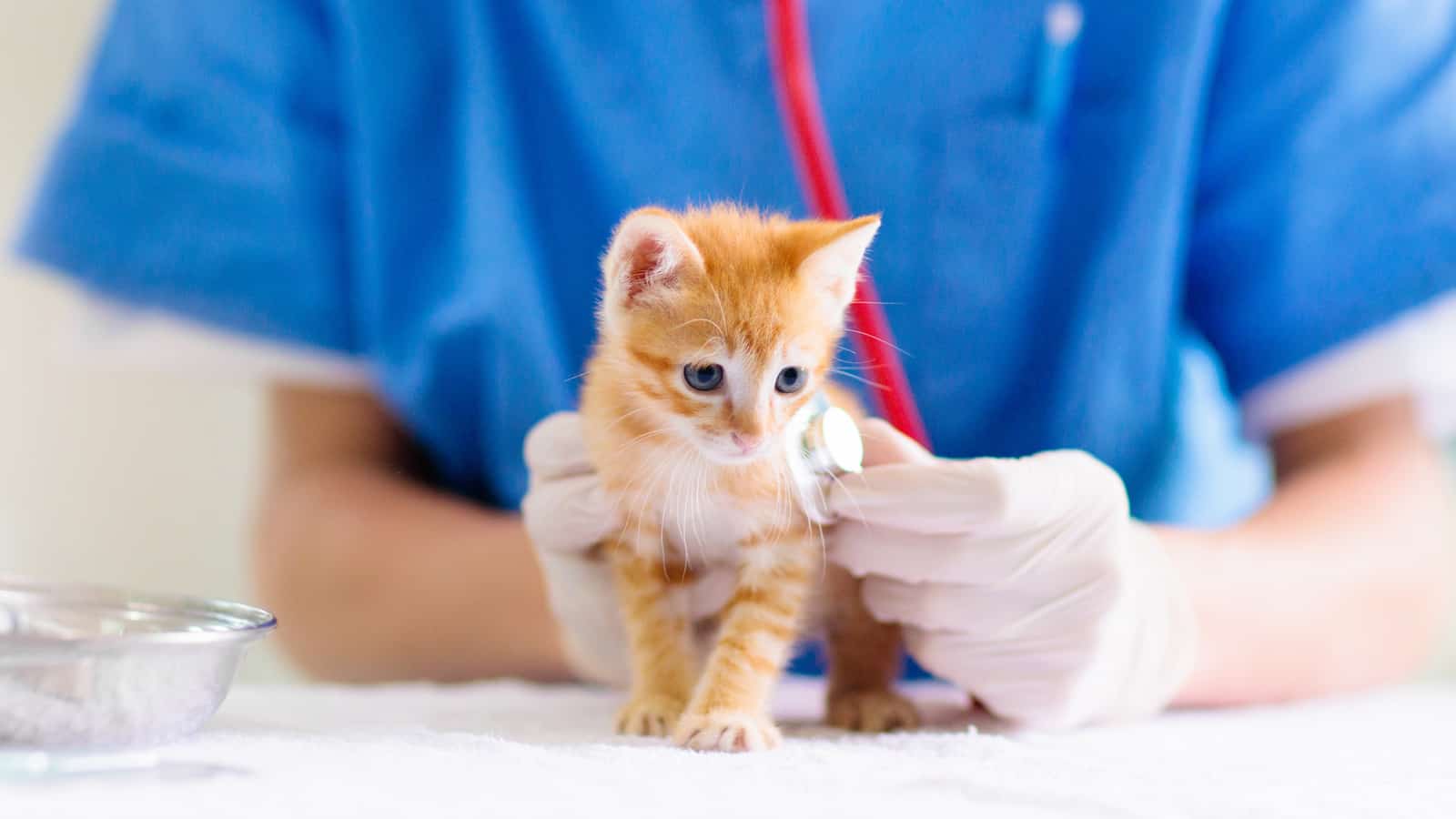
Kittens need a series of vaccinations to prevent illnesses like distemper and rabies. Skipping shots leaves them vulnerable.
Check-ups also catch issues early before they worsen — like parasites, infections, and dental disease. Vets perform exams to check for problems and may recommend additional procedures as needed.
Myth 5: Kittens Can Eat Adult Cat Food
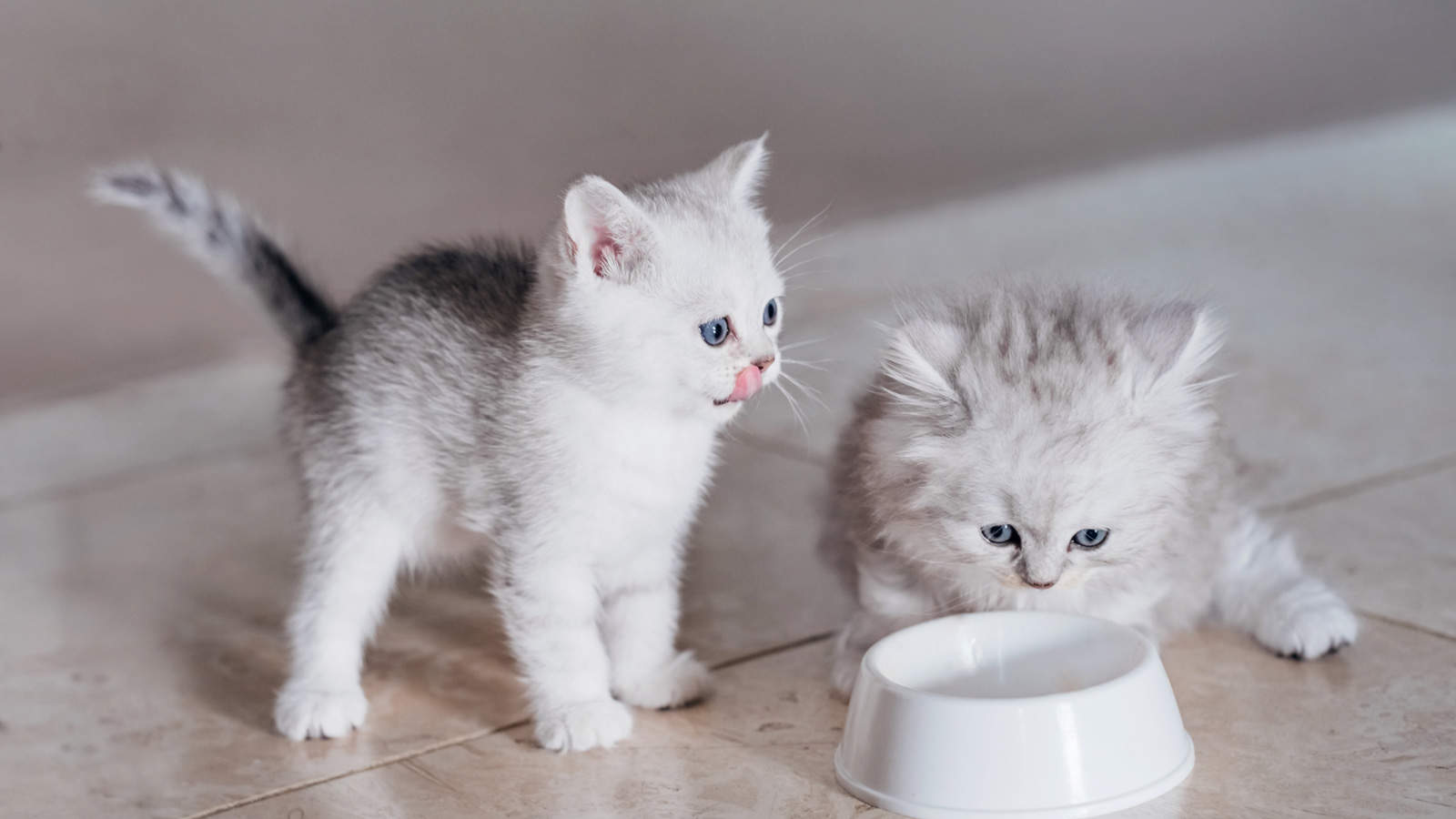
Don't feed kittens adult cat food. Kittens have different nutritional needs than adult cats to support their growth and development.
Kittens require more protein, fat, vitamins, and minerals. Adult cat food can seriously harm a kitten's health. Always check food labels and consult your vet to ensure your kitten gets the appropriate nutrition.
Myth 6: Kittens Are Self-Sufficient
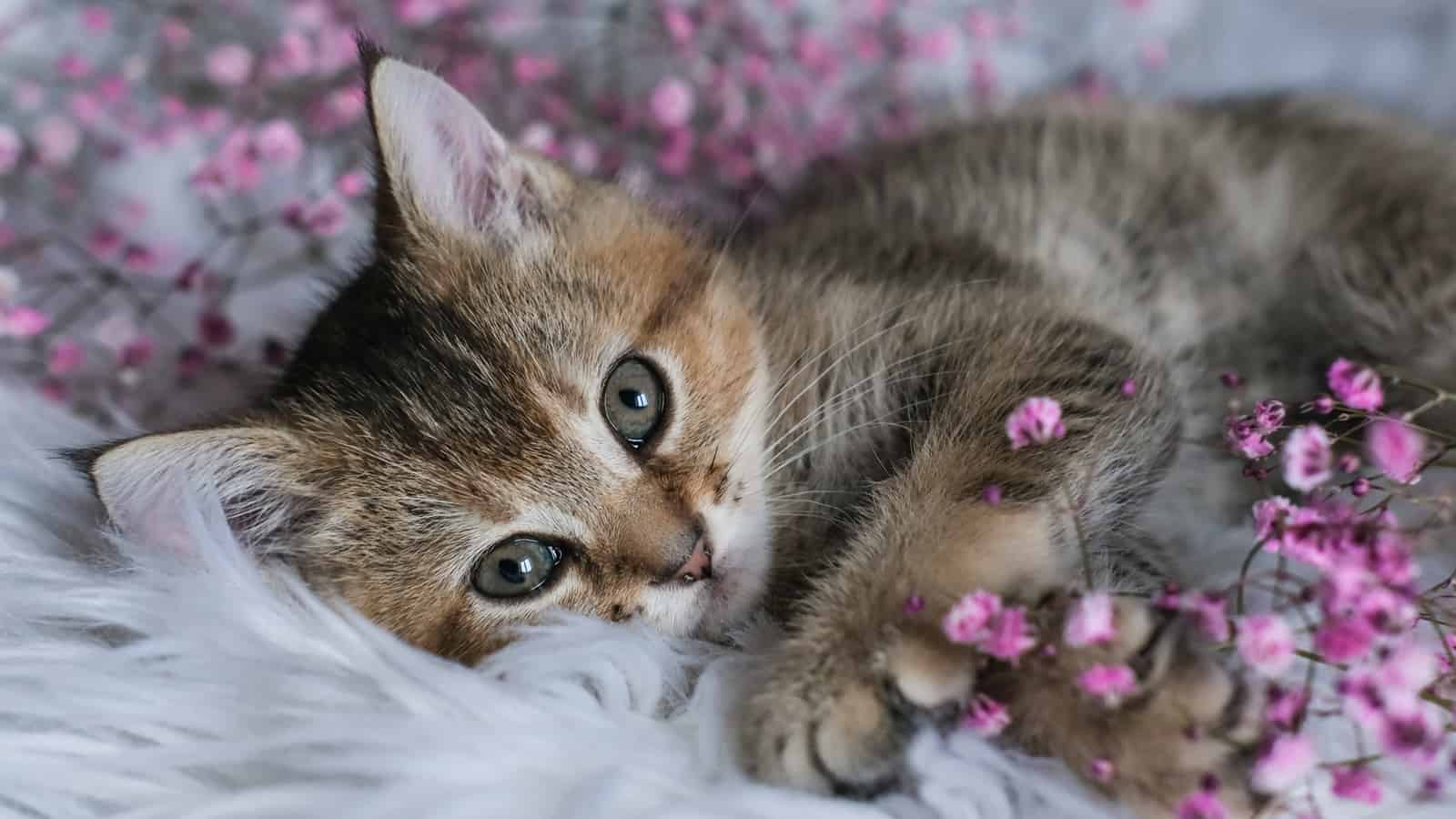
Kittens are fragile and highly dependent on their mothers or caregivers for survival. They cannot eat solid food, hunt, or regulate their body temperature effectively for several weeks after birth.
Their mothers provide essential care like feeding, warmth, grooming, litterbox training, and teaching social behaviors. Without this constant nurturing and attention, kittens are unlikely to survive or develop properly.
Even healthy kittens can die from Fading Kitten Syndrome. The underlying causes can range from birth defects to infections and inadequate care. Early intervention and attentive monitoring are crucial to safeguard a kitten's delicate health.
Long Live Our Kittens!
As cat lovers, it's crucial to be well-informed.
Debunking these myths is a big step towards giving your kitten the best life possible. So, remember to nurture that bond, feed them right, and keep up with vet visits.
You can help your kitten grow into a content and healthy cat with patience and knowledge. May your efforts pay off in endless snuggles and purrs!
Some elements on this page may have been created by our team using advanced AI to provide you with top-notch cat inspired ideas. Read more about our AI Content Policy.
